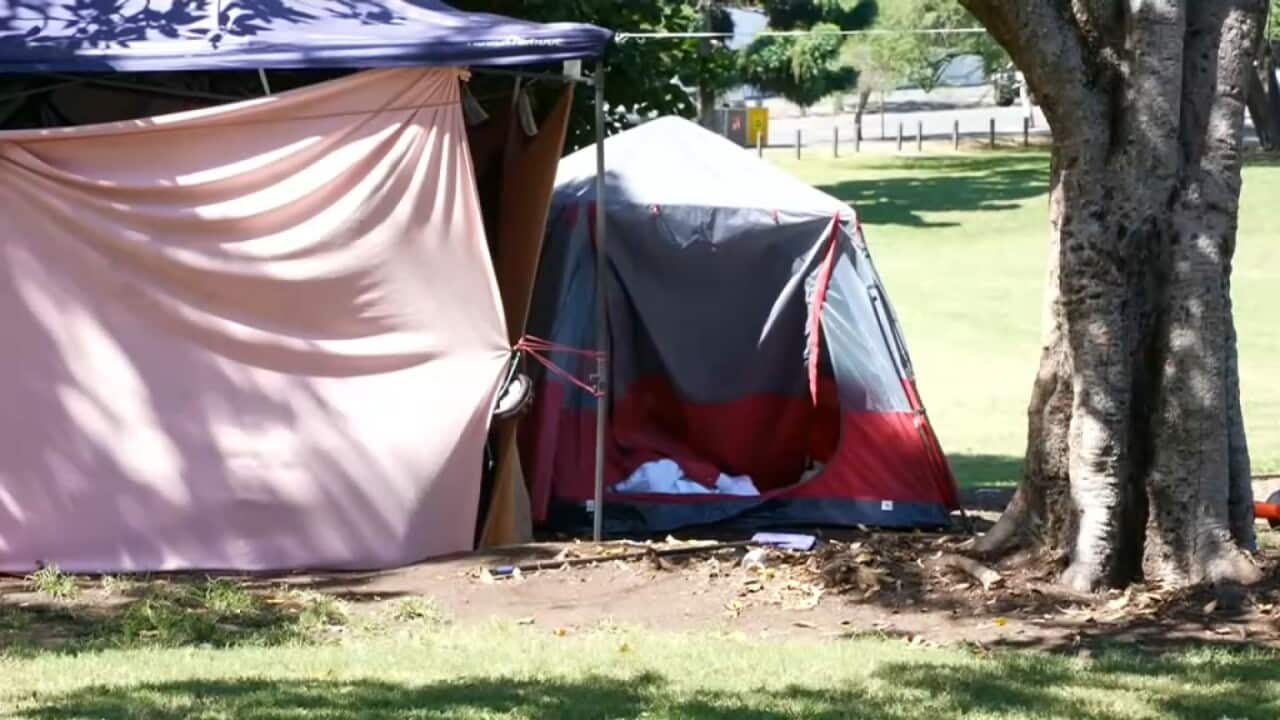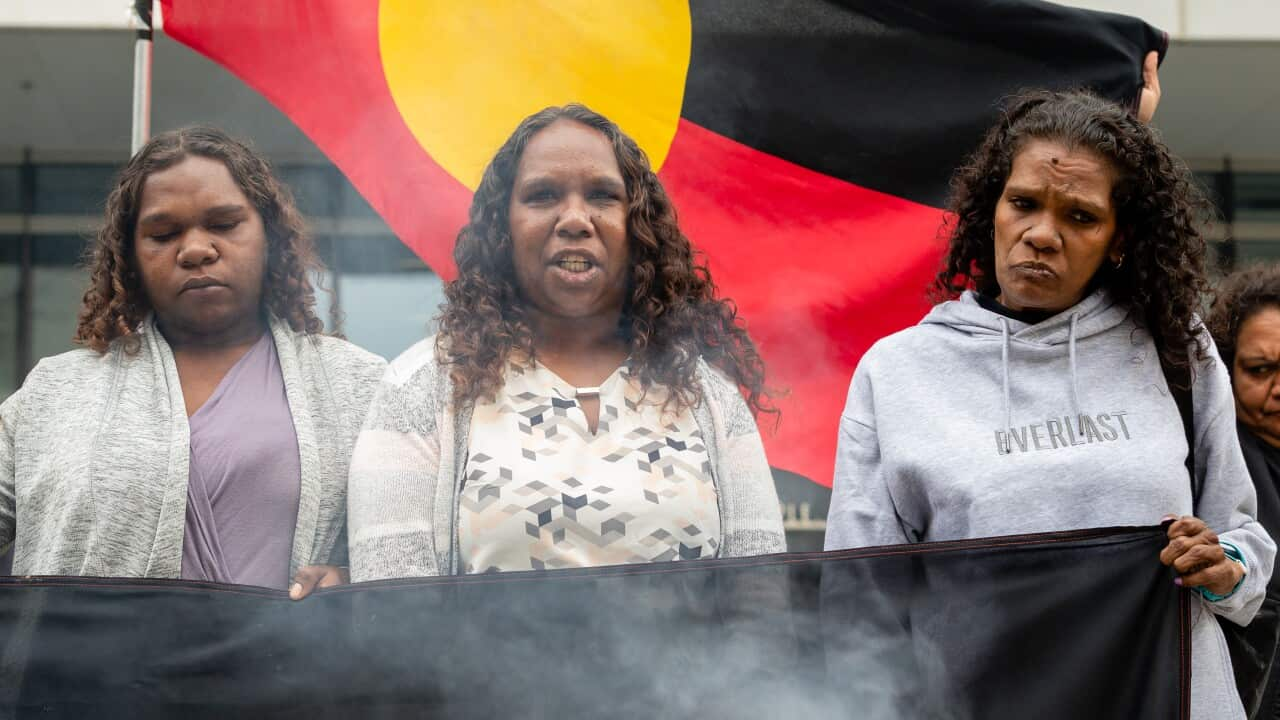Barry Garlett, an Aboriginal man living in public housing in Perth, was evicted without reason.
He's one of the thousands of people in Western Australia removed from public housing every year, the majority of whom are Aboriginal.
Cases like Mr Garlett's are called no-grounds evictions, and they're perfectly legal, but a new challenge to the laws may change that.
On Tuesday, the Western Australian Supreme Court began hearing a case against the state government’s use of no grounds evictions at the end of fixed term public housing tenancies.
Lawyers for Mr Garlett and a second public housing tenant are arguing that the policy is unlawful because it denies procedural fairness and is legally unreasonable.
Public housing advocate Desmond Blurton is calling on the department to change their policy.
"The tenants, they have no chance of defending themselves," the Ballardong Nyungah man said.
"We need to come up with better solutions that is not going to see our people and non-Indigenous out on the street, because it's a basic human right to have a home.
"Being Aboriginal ... we are going through so much trauma as it is, but we need to heal ...
"We need our people in our houses, because we're losing a lot of kids to the system, they need to look after our people, our families."
Compounding inequalities
Kate Davis, solicitor with SCALES Community Legal Centre, said that more than half of all evictions from public housing are Aboriginal families.
She called on the Department of Communities to instead work with people, and connect them to the services they need.
"Many of these Aboriginal families are Stolen Generations survivors and their children, carrying high levels of intergenerational trauma," she said.
"Eviction to homelessness is a very poor public policy response, which makes existing issues worse and compounds the impact on the community.
"It is unfair, unjust and we will ask the WA Supreme Court to find it unlawful to evict families to homelessness without a fair hearing and without looking to the children’s needs.”
Lawyers for the tenants are arguing that the Housing Authority owes a duty to afford procedural fairness to a tenant before making the decision to terminate a fixed term tenancy and, as a result, Mr Garlett's eviction was invalid.
“WA is the only state routinely using without ground evictions against public housing tenants," Ms Davis said.
"The department takes a punitive approach to problems and provides only limited support to tenants."
Ms Davis said that in the six years to June 2022, at least 3070 children were evicted from public housing in WA.
“Public housing evictions are devastating for children - it’s a pipeline out of education and into juvenile detention, child removal, health and mental health problems, and we have seen children die homeless," she said.
The Perth Magistrates Court reserved Mr Garlett's case to the Supreme Court in March.
The second case, also heard yesterday, is a Supreme Court judicial review of a ‘no grounds’ eviction involving a mother with young children.
It also challenges the decision to continue to use fixed term tenancy in public housing.
The same lawyers argue that the Department of Communities’ decision to issue a termination notice is legally unreasonable when it impacts children detrimentally, in this case destroying the children’s chances of being reunited with their parent - and that this also invalidates the eviction.
The identity of the family in the judicial review case has been suppressed to protect the children, who are in care.
“I just want a home to be with my kids," the mother said.
"I can’t be reunified with my children if I don’t have a safe home for them.
"Receiving a termination notice without a fair hearing made me feel like no matter what I did, I was going to fail, that there was no chance of a positive outcome.”
The case has been adjourned until October 7.

















